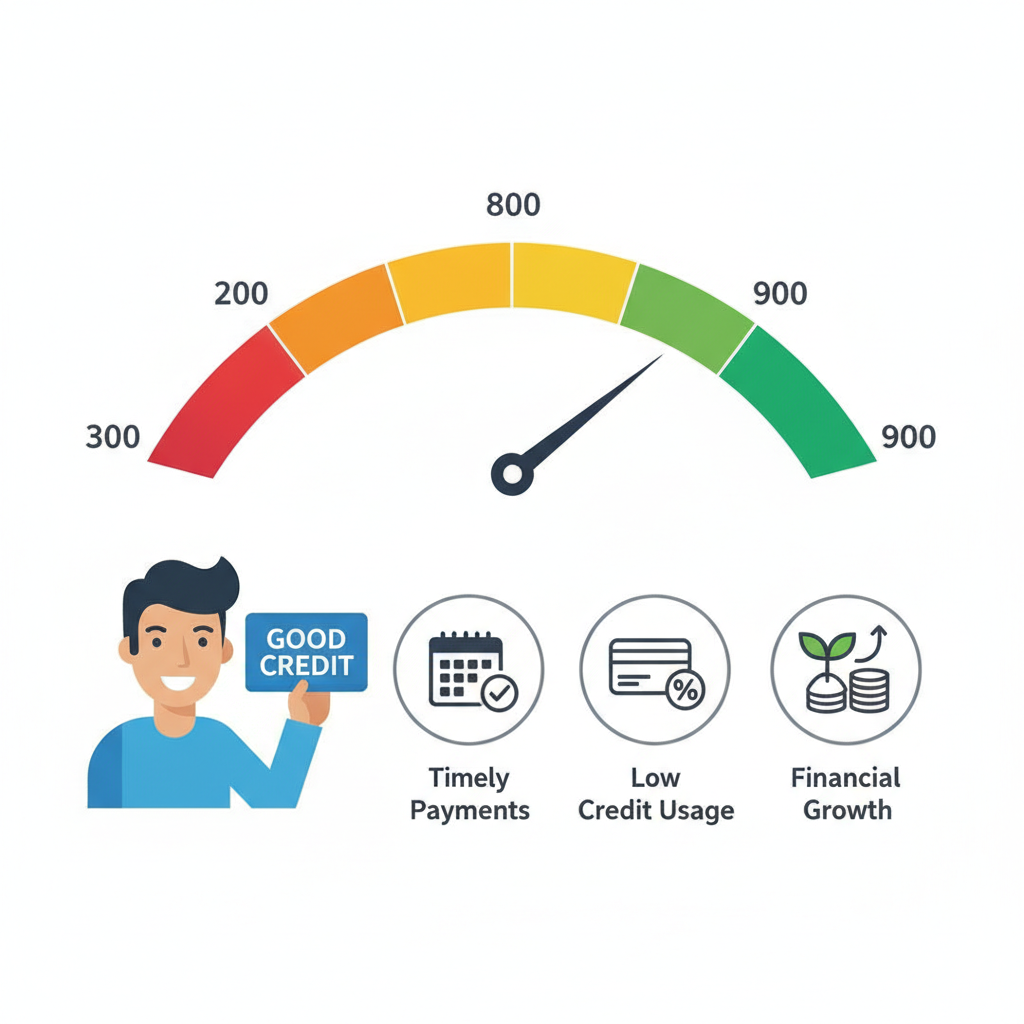In today’s financial world, your credit score is more than just a number — it’s a reflection of your financial trustworthiness. Whether you’re applying for a loan, credit card, or even renting an apartment, your credit score often determines how others view your financial discipline. Understanding and improving it is one of the smartest budget-related steps you can take.
1. What Is a Credit Score?
A credit score is a three-digit number (typically ranging from 300 to 900 in India) that indicates your ability to repay borrowed money. It’s calculated by credit bureaus like CIBIL, Experian, and Equifax based on your borrowing and repayment history.
A higher score means lower risk for lenders — and better offers for you.
- 750+: Excellent – You’ll likely get loans easily at low interest.
- 650–749: Average – You can still get loans but at slightly higher rates.
- Below 650: Poor – You might face loan rejections or very high interest rates.
2. Why It Matters
Your credit score affects several financial decisions:
- Loan approval: Banks check it before approving personal, home, or car loans.
- Interest rates: Higher scores mean lower interest rates.
- Credit card limits: Lenders offer higher limits to responsible borrowers.
- Job or rental checks: Some employers and landlords verify credit reports for financial stability.
3. Key Factors That Impact Your Score
| Factor | Weightage | Impact |
|---|---|---|
| Payment history | 35% | Missed payments hurt the most |
| Credit utilization | 30% | Using more than 30% of your limit lowers score |
| Credit age | 15% | Older accounts build trust |
| Credit mix | 10% | Having both loans & credit cards helps |
| New inquiries | 10% | Too many loan applications reduce score |
4. How to Improve Your Credit Score
- Pay on time: Set reminders or auto-pay to avoid delays.
- Keep utilization low: Try to use less than 30% of your credit limit.
- Maintain old accounts: Longer history = better score.
- Avoid frequent loan applications: Too many “hard checks” signal risk.
- Check your report regularly: Dispute any errors or outdated information.
5. Budget Smartly to Stay Credit-Healthy
Your monthly budget plays a direct role in credit health. Always keep track of income, expenses, and EMIs. Setting aside a portion for timely debt payments ensures you never miss due dates — keeping your score strong and stable.
💡 Conclusion
Your credit score is like your financial passport — it can open or close doors to opportunities. Build it through responsible budgeting, disciplined payments, and regular monitoring. Remember, a good credit score doesn’t just save you money — it earns you financial respect.



